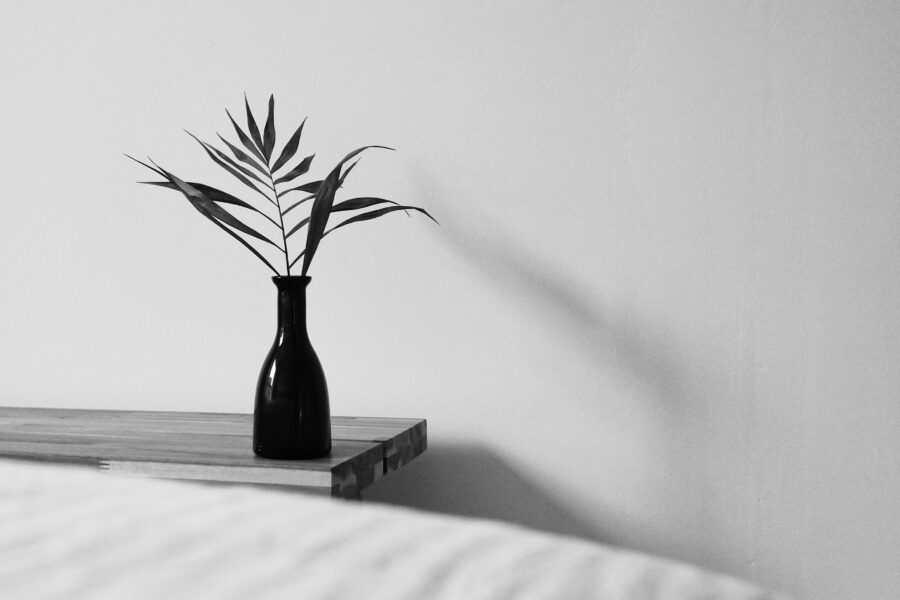#2, The role of women in a patriarchic society
Despite the several crucial steps toward gender equality, gender inequality manifests itself in daily life via inequality and unfairness in the household, career opportunities and education. Admittedly, household and meal planning is still considered a “woman’s” job even within the so-called modern families. Even nowadays, when there is a higher awareness of gender roles, the advertisements for cleaning products and cooking recipes depict jolly women enjoying their traditional roles. Women-not men.
According to Unicef, almost one in four girls between the ages of fifteen and nineteen are unemployed and outside of education or training – compared to one in ten boys. Despite the progress in gender equality, these numbers showcase the ever-so-prevalent gender inequality.
This week, Sophie kindly speaks to thenotoriousnotes.com about her personal experience with women’s role in our patriarchic society.
Sophie-France/Germany, 65, movement therapist
Q: What was your role as a girl in your family while growing up?
A: I was the second born after a boy. He was clearly favoured in everything. That was an unwritten rule, but not for me. I didn’t have to do anything in the household, that was my mother’s role. For that, I was expected to be very good in school, but when I wanted to do a long study, it was not immediately accepted, and I noticed that my brother was also doing such a long study. For him, however, it had not been a question. As a teenager, I was not allowed to put on makeup, but for family events, they pinched my cheek to make me look rosy and healthy. I felt the need to be able to do as much as boys, but it wasn’t a given. Still, I never wanted to be a boy. In France, if a girl was athletic, adventurous…. she was called garçon manqué ( missed boy)!
Q: Is there equality in parenthood?
A: When I was married and the children were small, I was completely there for the children, and I wanted it that way. My husband at the time worked day and night. WhenI was asked to give an evening class once a week, he was supposed to come in time to be with the children who were already in bed. The first week, he came on time, the second so that I was late for the course, from the third I had to organise a babysitter. I found that very annoying.
Later, there was no balance in parenting because I was a single parent, and the father took the children rarely and was unreliable.
Q: Did you ever have to defend another woman?
A: I don’t remember if I had to defend another woman, but I took in and supported a woman who was just in big trouble with her husband because she was treated unworthily.
Q: How has the role of women changed in the last 50 years?
A: The women have the opportunity to live much more confidently and self-determined lives than they did 50 years ago. Many things have become more natural, fortunately. Some men have learned to look at women as equals and participate in the household and raising the children. Some professions, e.g. in the craft sector, can be learned and practised by women. Female plumbers, car mechanics did not exist. Many professions now also have a female name.
What has not changed is that women are paid less for the same job, that they are picked on and harassed in public, that they bear the brunt of household chores and parenting, and are expected to work outside the home as well.
What may change is that women will become even more independent and fearless and so united among themselves that they will finally become truly equal.
Q: A woman that inspires you.
A: Not one but several have impressed me: Françoise Giroux and Simone Weil for their political action for women’s rights. Simone de Beauvoir for the book Le deuxième sexe. Hannah Arendt for her life and philosophy. Alexandra David-Néel, made her first journey alone on foot in 1885 at the age of 17 and returned from her last one at 78.



